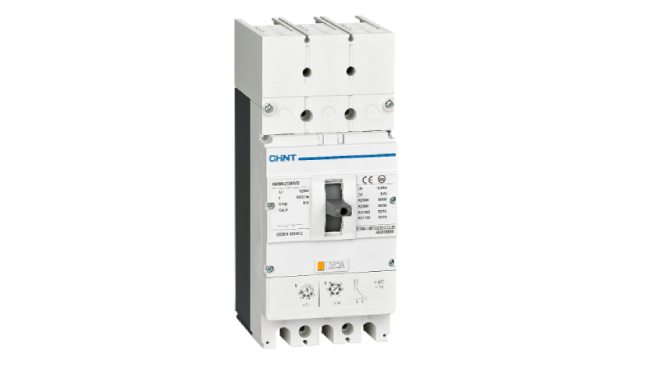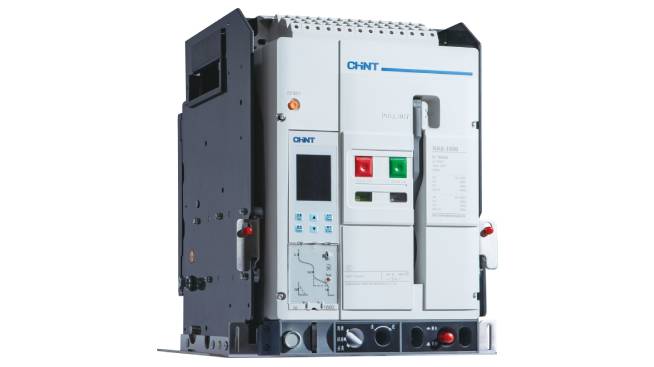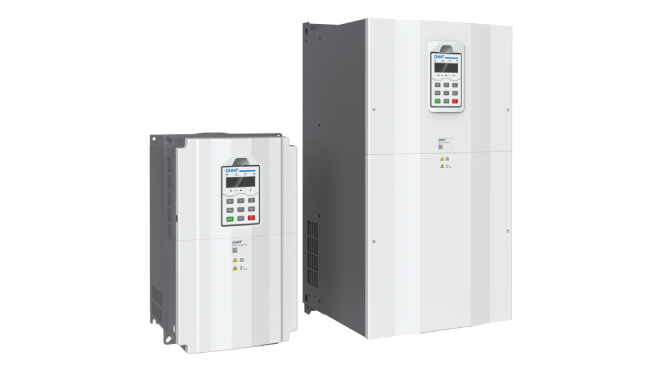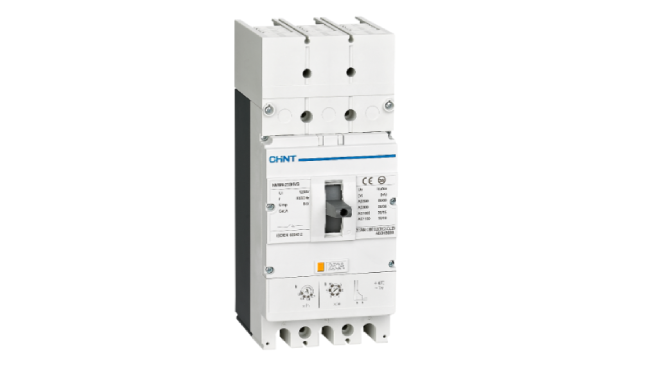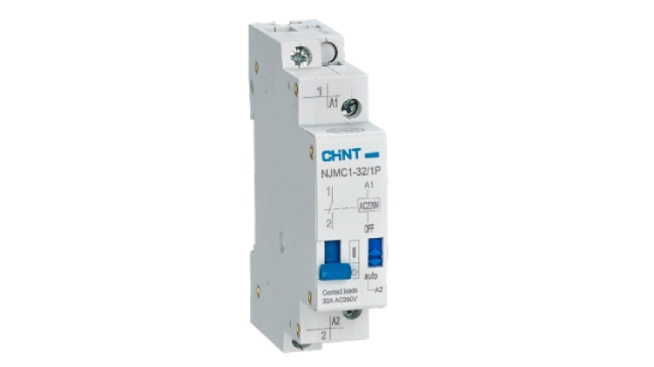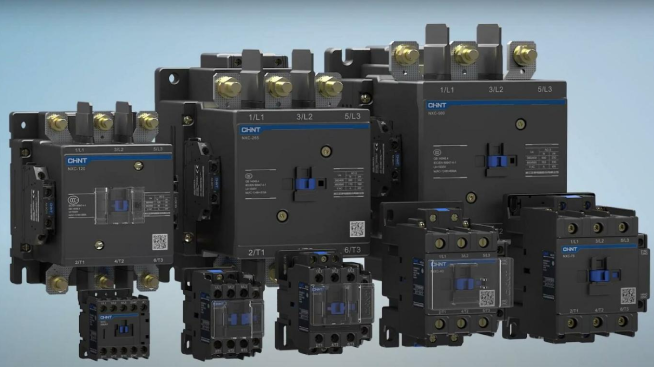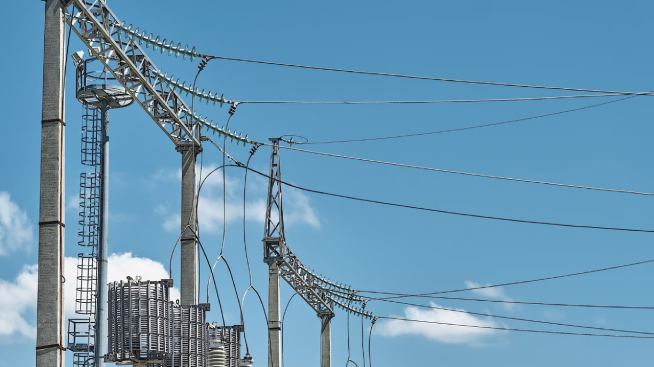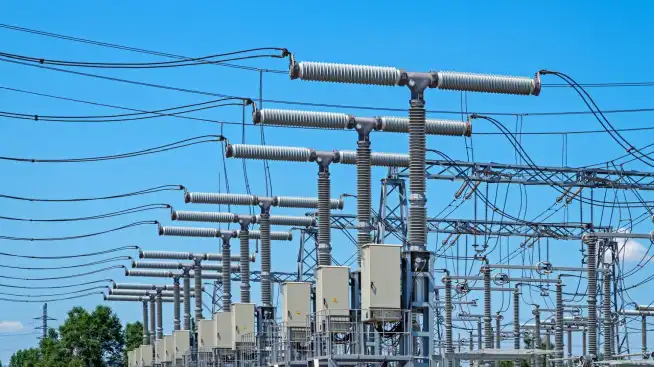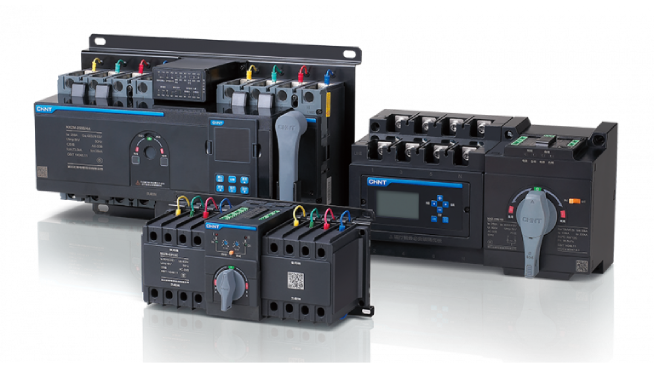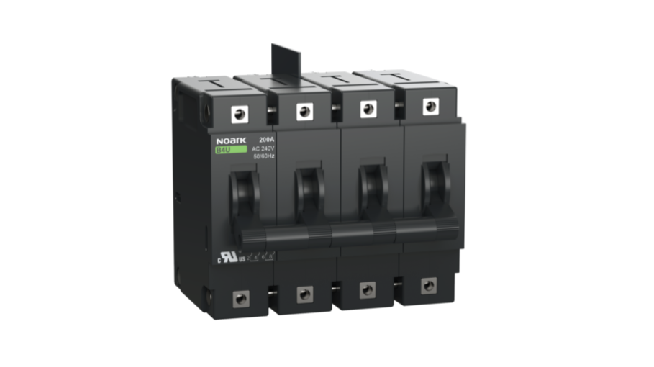Rooftop solar panel installations are becoming increasingly popular due to their cost-effective, durability, and attractiveness. Unlike traditional solar panels, newer models are manufactured to higher quality standards, utilizing stronger materials and having better curb appeal.
However, before investing in solar PV system for your home or business, It’s best to ask the following questions to make sure you understand what’s involved in the process.
Is My Roof Suitable for Solar Panel Installation?
Some rooftops are suitable for solar panel installation, while some are not. Several factors determine whether your roof qualifies, including:
Size
Some rooftops are too small to install a solar panel system. However, Chintglobal’s AsrtoSemi and AstroTwins modules take care of this problem.
Orientation
Your rooftop should be oriented to receive maximum sunlight. Your installer can work with you to adjust your panels to achieve maximum efficiency.
Structural stability
Your roof must be able to hold the weight of your solar panels for the system’s life. A structurally unstable roof is not suitable to install solar panels. You can seek advice from professional solar contractors regarding the live load calculation of your roof.
How Much Sun Hour Does My Roof Receive on a Daily Basis?
Another variable to consider is how much sunlight you can expect daily. This mostly depends on certain things that influence sun exposure, such as geographic location, roof orientation, and shadings. Solar irradiation is measured by the unit of “sun hour”subject to the location of your roof.
For example, if the sun hour of your location is 1200h, it means if you install 1kWp solar PV modules horizontally, it can generate 1200kWh electricity (DC) annually. The sun hour information can be found on the NASA website. You can also consult professional solar installers of your region for the exact amount of sun hour.
What Is The Total Cost Of The Solar Panel Installation On Rooftop?
The cost of your solar panels depends on several factors, including the capacity of solar system, length of cables and labour cost. Normally, the total EPC cost of home solar PV system varies from $2000/kWp-$4000/kWp depends on the location of the project.
How Do I Determine The Right Solar Panel System For My Needs?
Solar panels vary greatly, the most important factor you need to consider is the module efficiency. This figure is stated on the catalogue of the solar modules. Noark’s N Type mnodule efficiency can reach up to 22.26% which is amount the highest in the market. Chintglobal’s AsrtoSemi and AstroTwins module efficiency can also reach as high as 21%.
Related Article: Is It Worth Investing in a Solar PV System?
How Much Do I Want to Generate from My Solar Panels?
To calculate the electricity generation from solar panels, the most effective method is to use the capacity (kWp) you installed on your roof times the sun hour in your region. However, the shadings, orientation and tilt angle may also affect the total power output.
We suggest you check the monthly electricity consumption of your house from your electricity bill in order to determine how much electricity is required for your house.
What are the Permits, Regulations, and Incentives for Installing Rooftop Solar Panels?
Many states and local governments offer tax incentives and feed in tariff to recover the cost of solar PV system.
However, before you purchase the solar PV system, we advise you to check with a professional solar contractor in your area with regards to the authority submission requirement, alternatively you can also consult the relative government agency such as National Power Grid or Energy Market Authority of your country.
Conclusion
It’s always the best time to invest in solar PV system on your roof as long as you have considered the 6 questions mentions above. As you embark on your journey towards a more sustainable and cost-effective energy solution, consider the high efficiency solar modules such as Chint Global products (AstroSemi, AstroTwins and Noark).
These high-efficiency solar modules offer bifacial power, excellent weather resistance, and superior versatility. Learn more by visiting our website ChintGlobal.com.
FAQ about Rooftop Solar Panels
Is it a good idea to install solar panels on your roof?
How efficient are rooftop solar panels?
Is it better to put solar panels on the roof or in the yard?






